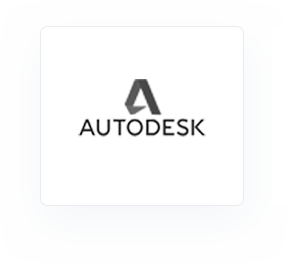NSS
Today we go back in history to understand the aim and working of India’s National Service Scheme (popularly called as NSS). The NSS was formed in 1969 with an aim to “inculcate the social welfare thoughts in the students, and to provide service to the society without any prejudice.” NSS volunteers work hard day and night to ensure that every one in our society who is needy gets the every possible help from them so that they can also enhance their standards and lead a life of dignity in the society with all of us. In doing so the volunteers themselves learn a lot from the people in villages like how to struggle and how to lead a happy life in the extreme scarcity of resources and so on.
Before we get into the actual workings of this organization, here is a bit of history related to the NSS:
After the independence, the University Grants Commission headed by Dr. S. Radhakrishnan recommended introduction of national service in the academic institutions on a voluntary basis. This idea was again considered by the Central Advisory Board of Education (CABE) at its meeting held in January, 1950 and after examining the various aspects of this idea and the experiences of other countries in this field, the Board recommended that students should devote some time to manual work on a voluntary basis and that the teachers should also associate with them in such work. In the draft First Five year Plan adopted by the Government of India in 1952, the need for social and labour service for the students of India for one year was stressed. In 1958, Pandit Jawaharlal Nehru in his letter to the Chief Ministers mooted the idea of having social service as a prerequisite for graduation.
The main objectives of National Service Scheme (NSS) are:
- Understand the community in which they work
- Understand themselves in relation to their community
- Identify the needs and problems of the community and involve them in problem-solving
- Develop among themselves a sense of social and civic responsibility
- Utilize their knowledge in finding practical solutions to individual and community problems
- Develop competence required for group-living and sharing of responsibilities
- Gain skills in mobilizing community participation
- Acquire leadership qualities and democratic attitudes
- Develop capacity to meet emergencies and natural disasters and
- Practice national integration and social harmony









